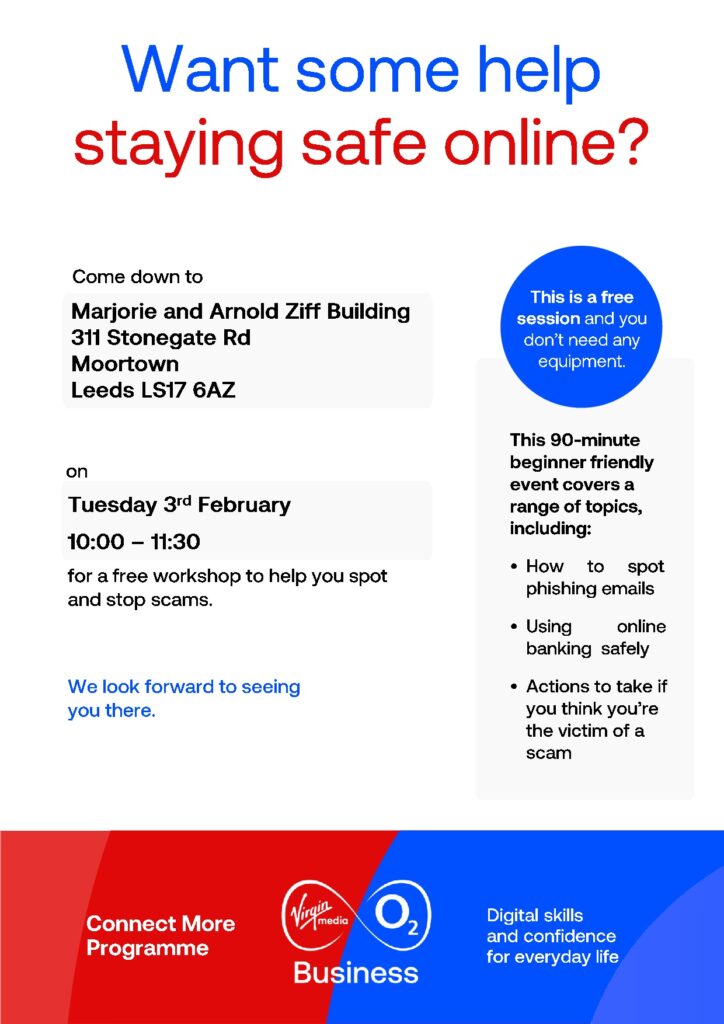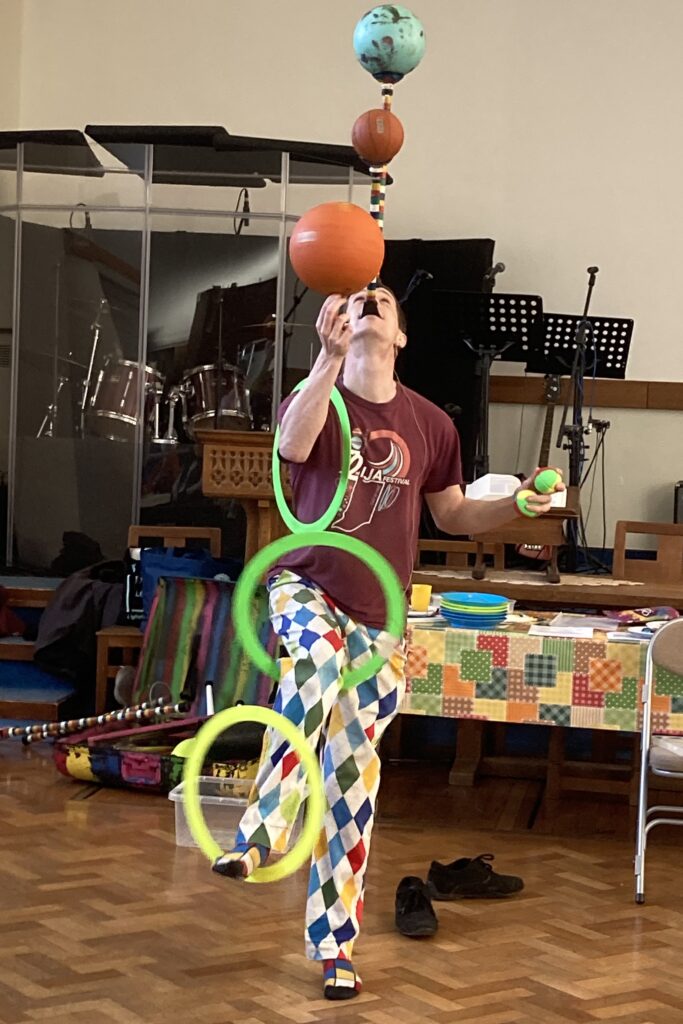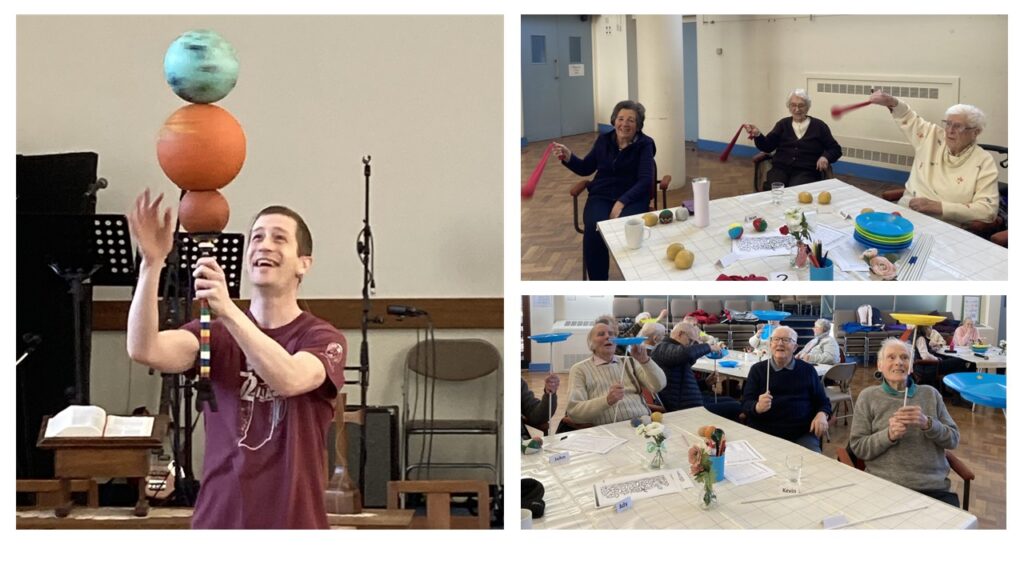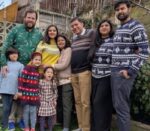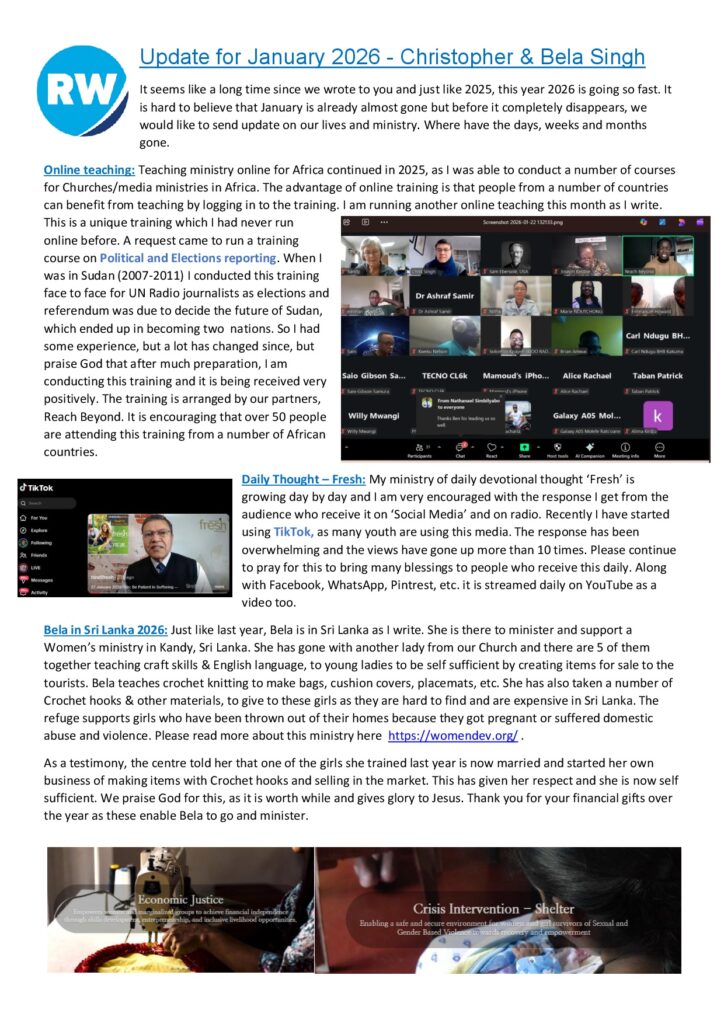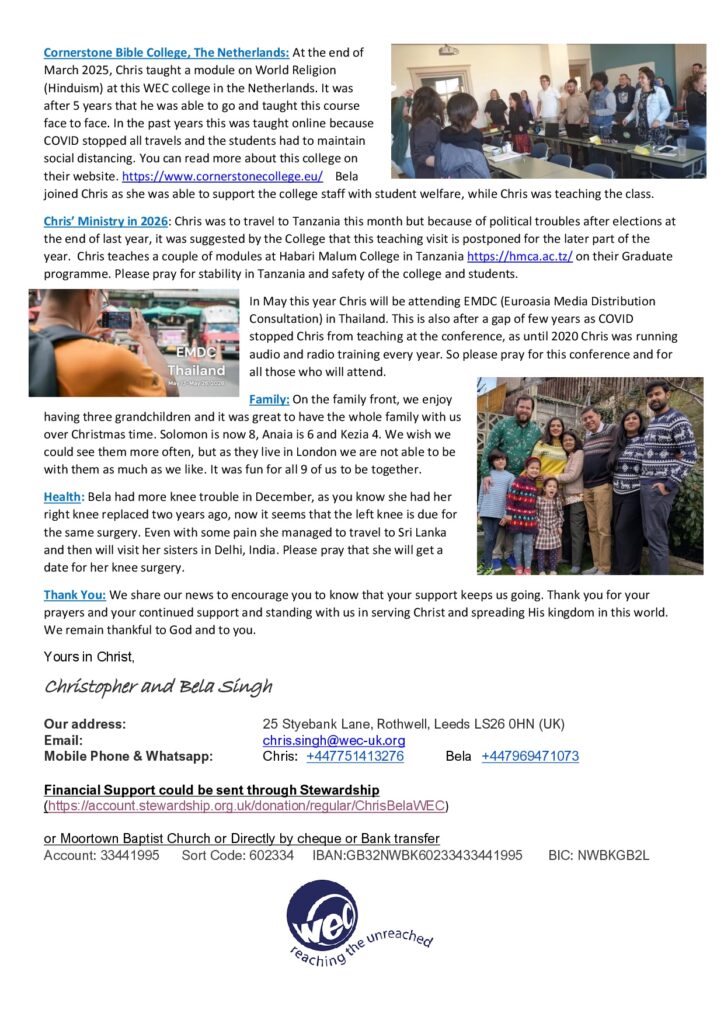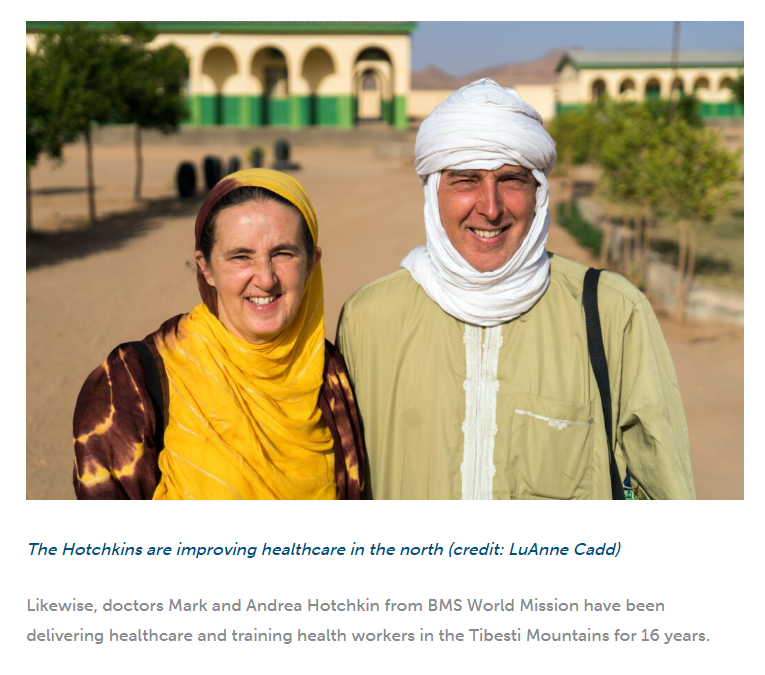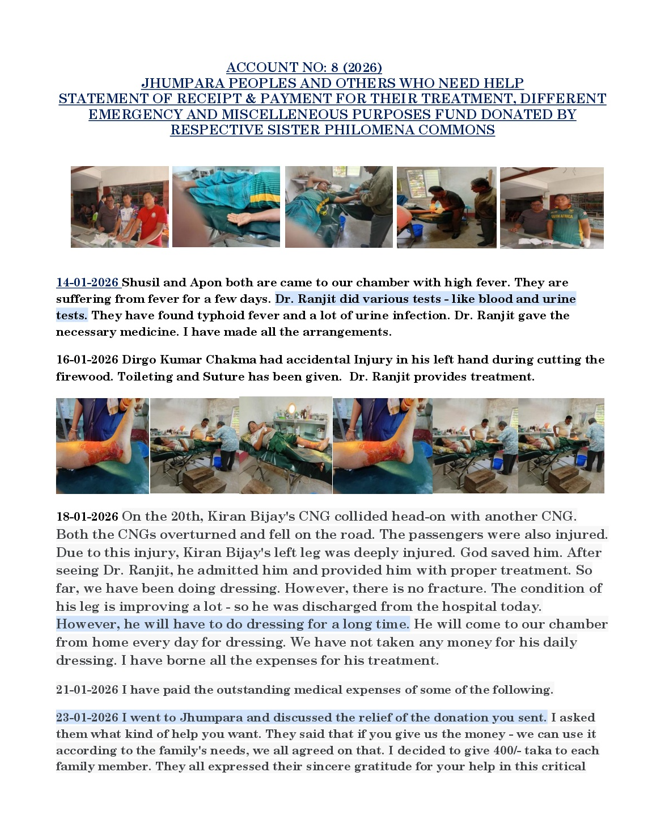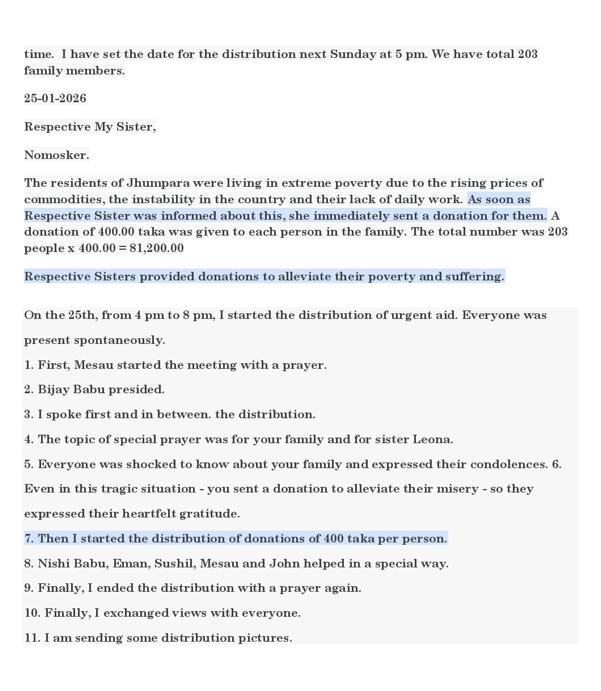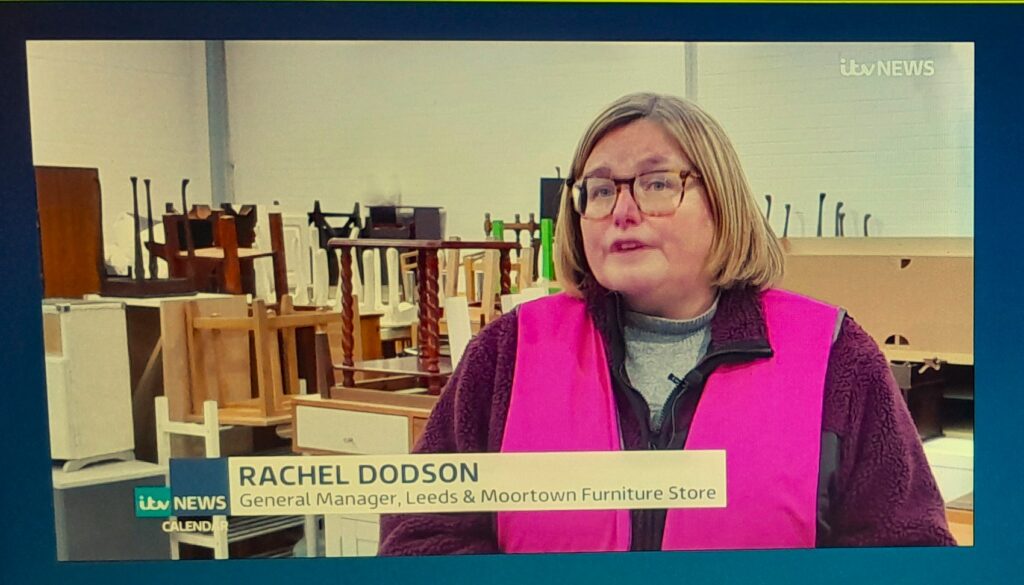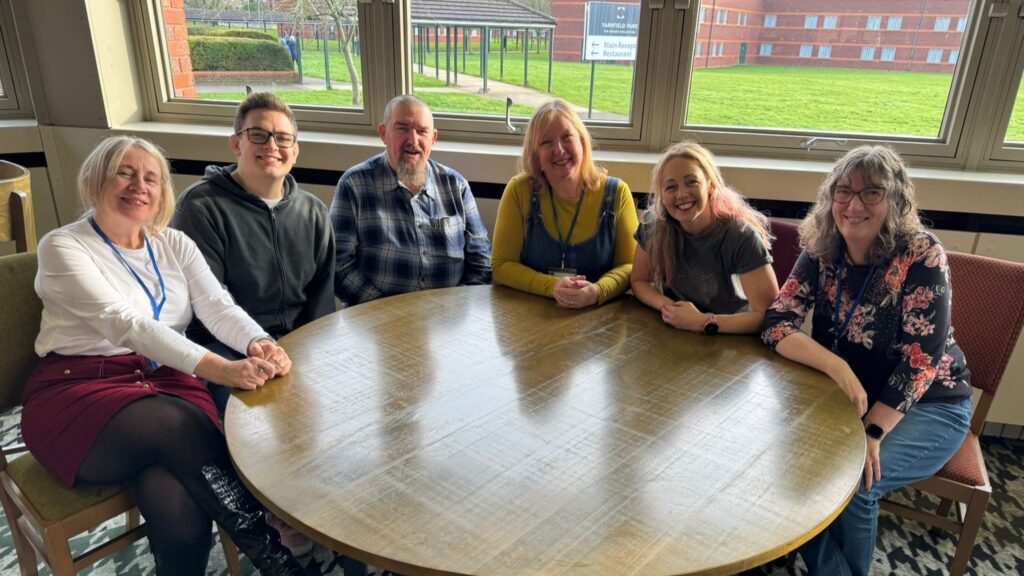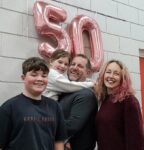Dear all
This week I was reminded of Psalm 23 v 2-4 (Living translation)
“He lets me rest in the meadow grass and leads me beside the quiet streams. He gives me new strength. He helps me do what honours him the most.
Even when walking through the dark valley of death I will not be afraid, for you are close beside me, guarding, guiding all the way.”
David sings of the experience of trudging through a valley of death and although God doesn’t take him out of it, he recognises the God who travels alongside him, matching each step, each movement. He is the same God who journeyed with the exhausted friends on the Emmaus Road. They didn’t recognise him until a memory was triggered in their minds when they shared a meal. Like a meadow of flowers or a refreshing stream, there was creativity, grace, companionship and restoration on the journey. In psalm 23, David sees the promise that in the midst of the storm there is new strength for each day and it’s something we need to look out for before we get too focused on the valley slopes.
On Sunday our journey continues with our whole life worship series at all age café church, looking specifically at friendships. We start at 11am with breakfast snacks and drinks for all ages. After the service, 1pm – 2pm there is a get together/share/pray session for ‘sung’ worship leaders in the music room, bring some lunch. Rock Solid for youth meets 7-8pm in the building. Do ask if you want more information. Let’s lift our young people and leaders in prayer at 7pm on Sunday.
The week ahead..
Monday 2nd February 10-12 Beacon warm welcome café for all. Food pantry available.
Tuesday 3rd February Stepping Stones For the under 5’s and their parents and carers 10.00 – 11.30am (speak to Diane or Hilary if interested)
Tuesday 3rd February House Group in the Music Room 12.30 – 2.30 speak to Howard Dews
Tuesday 3rd February at 7.30 Safeguarding group meets in church.
Wednesday 4th February Lunch Club 10.15am – 1.15pm Speak to Rachel or Lesley if you want more information as you need to be booked on.
Wednesday 4th February House Group Music Room 7.30 – 9.30pm Speak to Andy or Ruth for more information.
Thursday 5th February We will keep in touch about whether craft group warm welcome space will be going ahead this week as we are still looking for someone to help lead it. For general information, contact Karen if you want to know more.
Thursday 5th February 2.30pm The Thanksgiving Service for the life of Jean Hiley in the church building, followed by refreshments,.
Thursday 5th February Bible Study in the Music Room 7.00pm – 9.00pm Speak to Gareth, John C or Lesley
Friday 6th February Bible Study in the Music Room 10.00 – 11.00am Speak to Shelley for more information.
Friday 6th February Parkinson’s Exercise Class 6.30 – 7.30pm Speak to Phil Commons or Lesley for more information
Friday 6th February House group at 8pm in Adel See Jonathan, Hilary, Steve or Helen.
Saturday 7th February Sung worship and tech teams get together at the start of the year. Chance to share, plan, pray and eat! Starts at 12.30 and finished by 3.
Sunday 8th February Service together 11.00 – 12.00pm Whole Life Worship: part 4 ‘Body, mind and Soul’ with a group for our younger friends to explore the theme creatively together.
Sunday 8th February Rock Solid Youth group 7-8pm in the church building
Looking ahead..
Below you will see a poster I have just been sent for a free session on ‘how to avoid digital scamming’ at the Ziff Centre next door to the church on 3rd February. Its open to anyone.
Tuesday 10th February 7.30pm Meeting for deacons and Shelley in the church building
Tuesday February 24th 7.30pm Whole Church meeting. All welcome. The agenda will come out soon and this will include making some decisions for the year ahead. We are continuing to pray for Gods guidance, looking at what God is doing in our communities and what the opportunities and challenges are. This includes items that have been brought up at more recent meetings, such as people support to support this work, over the next 6/12 months. Our building is an important part of this, some of you may have noticed a couple of water leaks from the rain over the last few weeks. It’s something we are investigating but again if you have anything to share on any of this do let the deacons or myself know. We want to prayerfully see all of this in the light of the bigger picture of what God is doing here in this community.
Last Thursday we held a service of Thanksgiving and Celebration for the life of Robert Owen and it was a privilege to hear people’s memories and stories of Robert. Thank you to all those came along and to all those who helped with set up, welcoming, worship and tech support. We continue to pray for the family.
Look forward to seeing you all soon,
Shelley
Minister
Moortown Baptist Church
